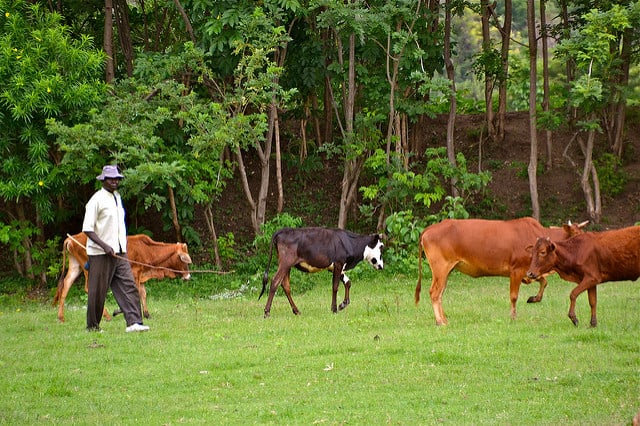
Livestock monitoring from the sky
This innovation will explore how data at different scales can be collected, validated and used to provide a near real-time prediction of livestock numbers in a specific location.

by Marianne McDade | Jul 3, 2018 | Inspire Proposal 2017
This innovation will explore how data at different scales can be collected, validated and used to provide a near real-time prediction of livestock numbers in a specific location.
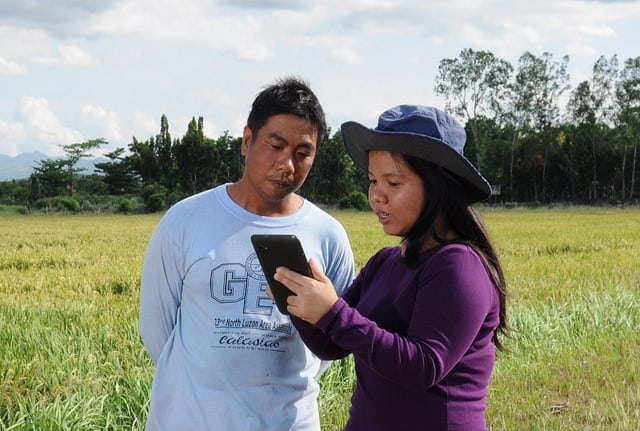
by Marianne McDade | Jul 3, 2018 | Inspire Proposal 2017
This innovation will generate locally-relevant farmer advice that incorporates climatic variability and diversity of land management approaches within rice-dominant landscapes.
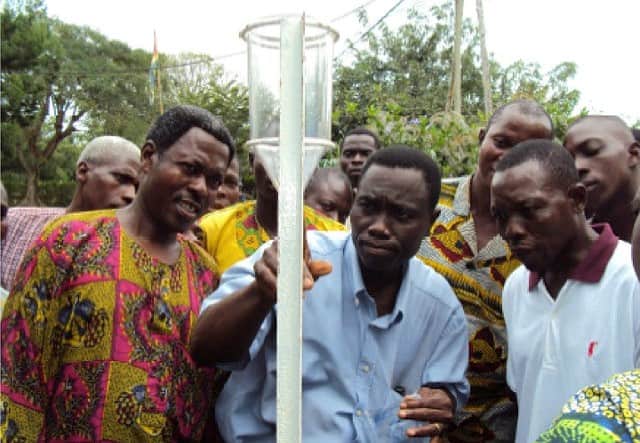
by Marianne McDade | Jul 3, 2018 | Inspire Proposal 2017
This project will build an artificial intelligence next-day rain forecast to drive better decision-making and results on and off the farm.
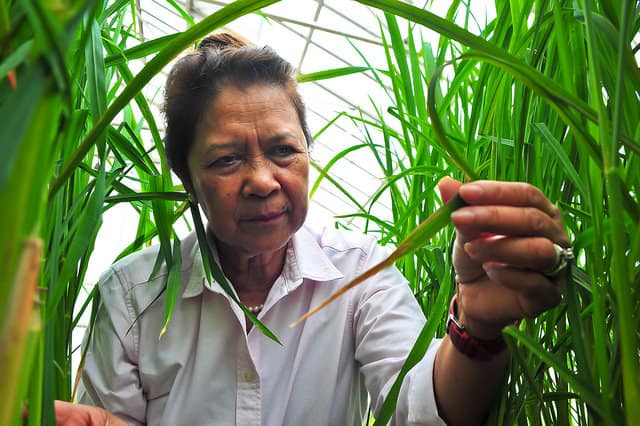
by Marianne McDade | Jul 3, 2018 | Inspire Proposal 2017
The tool will allow for managing rice disease in real-time and for defining breeding priorities for specific regions.
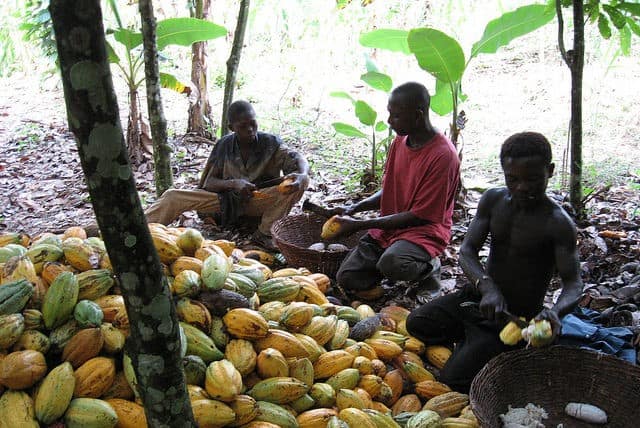
by Marianne McDade | Jul 3, 2018 | Inspire Proposal 2017
The Cost of Inaction (COI) Calculator will be an online platform that translates agricultural climate change risk into potential lost production to smallholders.
CGIAR Platform for Big Data in Agriculture advocates open data for agricultural research for development. It considers that opening up research data for scrutiny and reuse confers significant benefits to society.
However, the Platform appreciates that not all research data can be open and that a broad range of legitimate circumstances may require data to be restricted.

As an integral component of its advocacy for open data, the Platform promotes responsible data management through the entire research data lifecycle from planning, collecting, storing, disclosing or publishing, transferring, discovery and archiving.
These guidelines were created from information collected from: review on best and emerging practices across various sectors in the fast changing landscape of privacy and ethics (130 external resources); privacy and ethic materials sourced from seven CGIAR centers; first draft was circulated for input and feedback across CGIAR and incorporated into this edition. It’s important to note that this is an evolving document, the next stage is to consult externally for further input.
These Guidelines are intended to assist agricultural researchers handle privacy and personally identifiable information (PII) in the research project data lifecycle.


Ensure compatibility with the DMP-PII (as above) and also the purpose for which prior informed consent has been obtained
Ensure PII is stored securely to protect privacy, through organizational or project specific safeguards to prevent unauthorized access, accidental disclosure or breach of data (physical & technical)
Don’t store data in unsecured locations or on unsecured devices or servers
Don’t store encrypted data and encryption keys in locations where they can be easily accessed simultaneously
Don’t underestimate the importance and value of administrative safeguards to standardize practices (i.e. organizational policies, procedures and maintenance of security measures that are designed to protect private information, data and access)